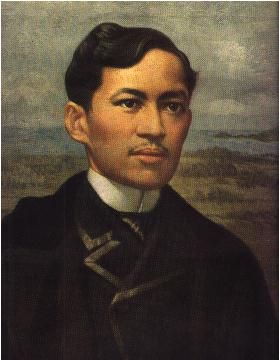Course Description:
This course is designed to impart human development theories leading to uprightness
of character of students who will serve the PNP organization and abide with the
rules and regulations defined in the Constitution and Code of Conduct and
ethical standards in forming nationalistic and patriotic character.
The whole course consists of two (2) modules. Module 1 consists of several units which discusses about character formation; the different theories of character development; the role of character in education; and character in the field of law enforcement. Part of Module 1 is the University Vision, Mission, Goals and objectives as well as the College and Program learning outcomes for the BS Criminology Program.
Module 2 which is to be discussed for the entire final period or coverage on one hand consists of three (3) units. It discusses nationalism and patriotism; the code of conduct and ethical standards of public officials and employees; and the gender and development aspects of law enforcement.
- Teacher: Jomel B. Pinera
COURSE DESCRIPTION: (CMO 5 Series of 2018)
This course covers the basic principles on relevant Laws,
Constitutional Rights, New Rules on Evidence and Criminal Procedure in relation to
Investigation. It includes the entire perspective of Intelligence operations and organization, and the different methods of gathering and collecting of Information. The
different methods of Extracting Information, the different instruments to aid the investigation, Crime Scene processing, Arrest, Search and Seizure, Cyber Warrant,
Wiretapping, the making of investigation reports, Case build-up and the preparation of
evidence for court presentation.
- Teacher: Jomel B. Pinera
The life and works of Rizal is a contextualized course offered in the university according to the Republic Act 1425 and the 2017 Memorandum on General Education Subjects of the Commission of Higher Education. This course delves into the salient developments, struggles, contributions, and perspectives of Jose Rizal in the context of the 19th century Philippines. By reading and understanding the literary masterpieces of Rizal, the course engages the learners to perform discourse and situational analyses about the social history of the Filipino nation under the colonial regime. Concomitantly, this course also offers acumens based on selected primary sources which are contributory to the Philippine nation-building as well as socially relevant conjectures of contemporary writers which are vital for the detection and correction of social problems. Moreover, the course provides areas of reflection where the students could perform critical thinking by relating the conditions of the past and the present-day Philippines.

- Teacher: Jamaica Mae Reyes Figueras